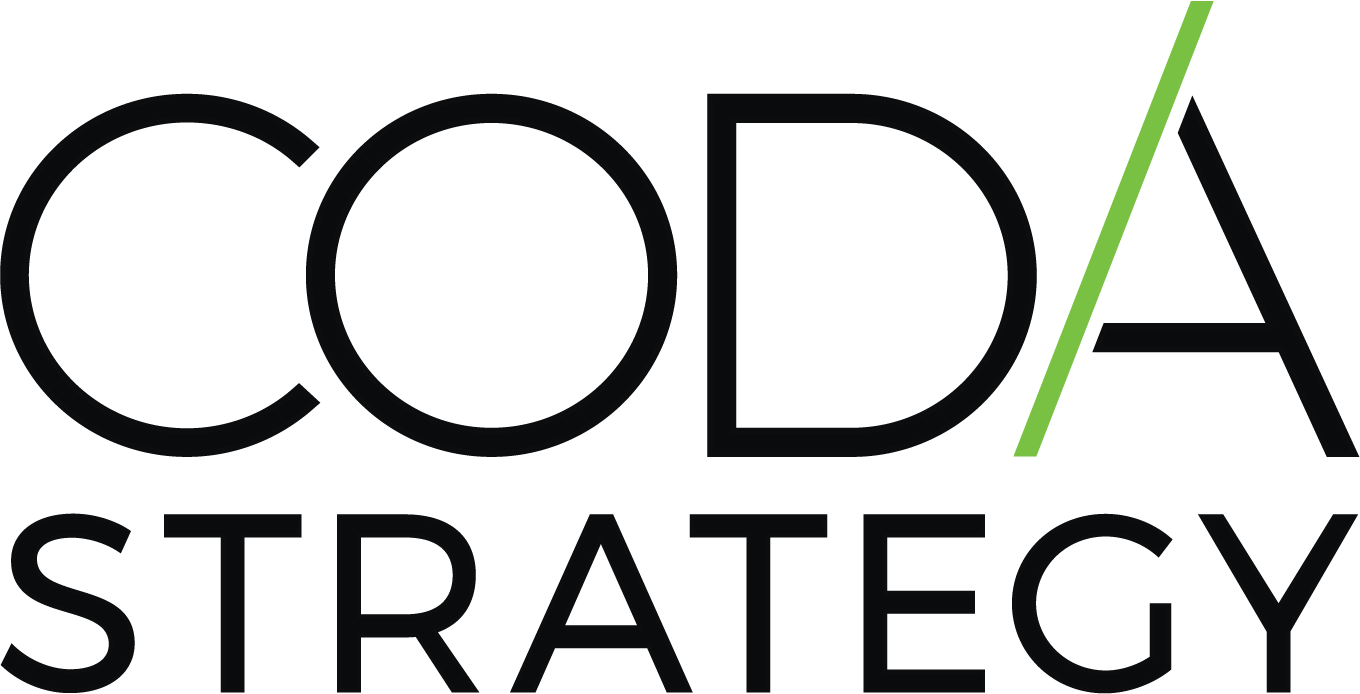Are you doing enough to secure your business website?
People spend a significant portion of their time online. Now, a website is one of the most powerful tools small business owners have to connect with consumers. Whether you do business from a brick-and-mortar store or conduct sales primarily on the web, a strong digital presence is essential for driving sales. Studies cited by Capermint show that as many as 80 percent of potential customers do online research before going to a business in person or marking a purchase.
While social media, marketing services, and SEO can help get your business’s name in front of people, your website is often the final destination for interested parties. Your site is where they can build trust with your company. However, a site with security issues can instantly drive customers away.
Coda Strategy offers five tips to secure your business website and avoid a cyberattack.
Watch Out for SEO Spam
SEO spam is a type of injection attack that involves hackers adding keywords, ads, pages, and links to a website. This boosts their SEO, by luring website visitors to the spam material. Hackers often have more success in hijacking already-established websites, rather than trying to create their own site that is likely to get reported and blacklisted. Having your website scanned regularly can help you identify cases of SEO spam so you can act quickly.
This is where investing in a service that provides protection against cyberattacks comes into play. Services like CommVault can help bolster the security of your website and plug any holes that hackers may exploit. Now, it may not be possible to fend off all breaches. It is still possible to utilize these services for a recovery readiness plan, and stay up and running.
Perform Updates Right Away
Norton points out that website and software updates aren’t optional when it comes to maintaining security. These updates often address security issues, and not downloading new patches as they are available leaves vulnerabilities for hackers to take advantage of. Automatic updates are part of many WordPress security tools (plugins and firewalls), which may also affect website performance. Some of the most popular tools are WordFence, iThemes Security, and Sucuri.
Require Strong Passwords
The easiest way your website can fall prey to an attack is if you use a weak password, allowing hackers to guess their way in. Do not share passwords over email or use other insecure methods to give others credentials. Cybercriminals can get ahold of this information and use it to access sensitive info or inject malware into your site. Make sure anyone who has access to your website creates a strong password and only uses approved means to share credentials.
Perform Regular Backups
While you assume your website host has a backup of your website on hand in case of an emergency, this isn’t always the case. Regularly backup your site so you can act quickly and restore it if attacked. You should use a combination of cloud saves and physical backups.
Disable Unnecessary Plugins and Features
Plugins are useful features that make content management systems like WordPress more convenient to use. However, any time you use a third-party plugin you are potentially making your website vulnerable to attack. It’s best to only use the plugins you need and delete any others that aren’t necessary. Similarly, disable any features you aren’t using to close any other doors hackers may use, such as commenting.
Takeaways to Secure Your Business Website
Being proactive in securing your website — whether you take on this task yourself or outsource tech to a specialist — puts you one step ahead of hackers. By understanding how cybercriminals attack websites, you can take the necessary steps to reduce vulnerabilities and let customers feel confident using your site.






